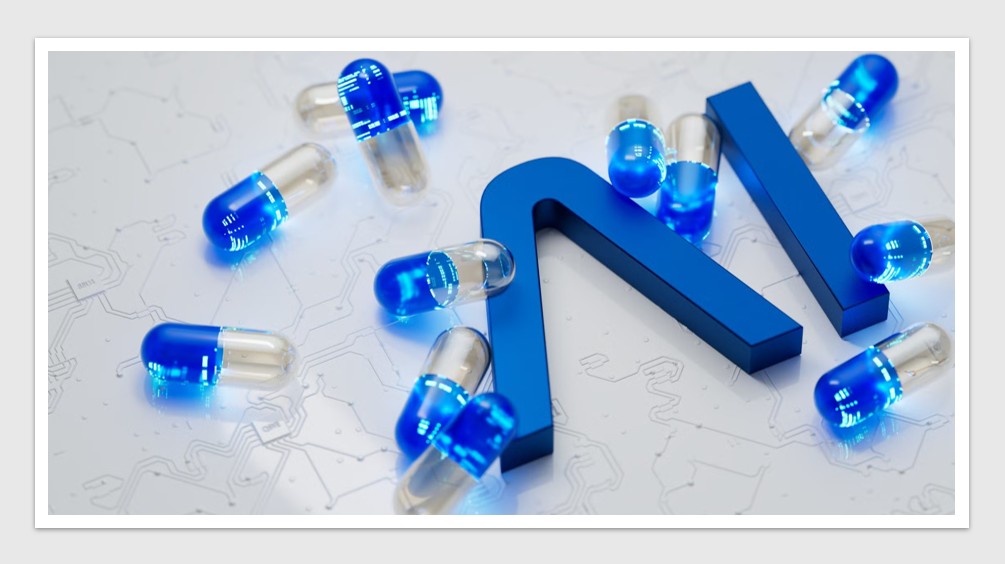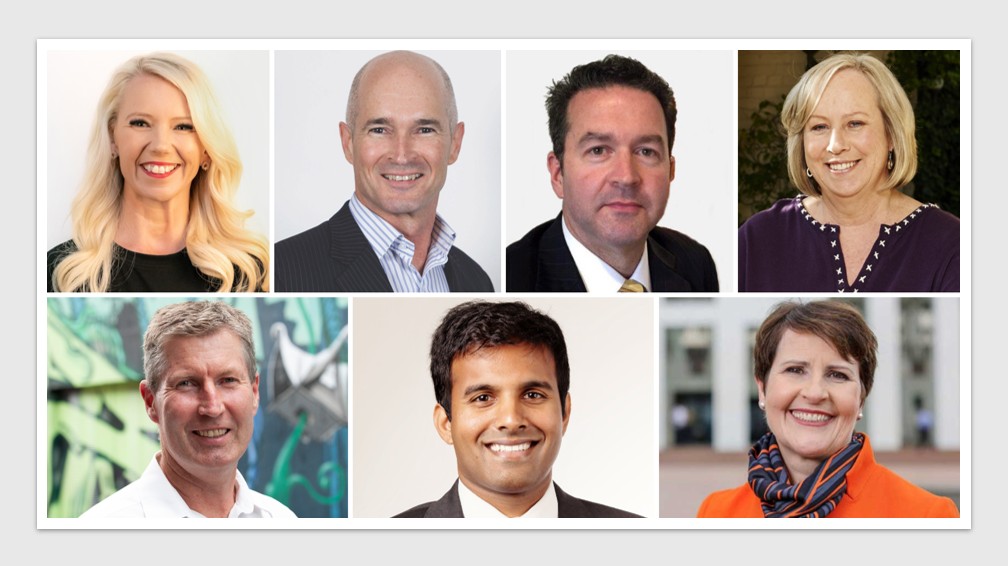News - Pharmaceuticals
Can AI bridge HTA workforce gaps and budget black hole?

The digital transformation of Health Technology Assessment (HTA) has become a focal point of debate, with growing attention on how artificial intelligence (AI) could reshape the HTA lifecycle.
The recent HTA Review report highlights the urgency of the debate, noting that “the increasing complexity, rapidity and volume of new technologies to be assessed, combined with growing consumer and industry expectations, are placing increased pressure on Australia’s HTA system and its comparatively small workforce.” It also warns that its 50 recommendations “cannot be delivered effectively with the current departmental appropriations.”
Against the backdrop of a lean health budget and departmental resource cuts, the question inevitably arises: should GenAI tools be used in HTA activities?
A recent white paper from HTAi’s Global Policy Forum outlines the overarching principles and steps required to ensure AI is deployed in HTA in a way that is “appropriate, safe, responsible and ethical.” Already, GenAI has been used to conduct systematic literature reviews, network meta-analyses, assessments of clinical effectiveness, development and adaptation of economic models, and dossier generation.
One of GenAI’s greatest strengths lies in its potential to break down silos and foster collaboration. As processes become more standardised and data is shared more widely, HTA bodies could work more cohesively across borders and sectors. This increased coordination has the potential to increase the number, speed and accuracy of HTAs, with direct benefits for patients and healthcare systems.
Despite its potential, there remains hesitancy in adopting GenAI tools for HTA, driven by barriers on both methodological and structural fronts.
From a methodological and technological perspective, challenges include the lack of clarity on how GenAI should be integrated into HTA processes, the difficulty in understanding how certain AI outputs are generated, and concerns around the quality, bias and validation of the datasets used to train such tools. Legal considerations and uncertainties add to the complexity.
From a structural and implementation perspective, there is still limited guidance on HTA-specific GenAI applications, and a pressing need for training and upskilling in a field that is evolving rapidly. Organisational barriers, such as the absence of appropriate governance and frameworks, further complicate matters, with change management proving particularly difficult in multi-stakeholder environments.
The HTAi white paper recommends that GenAI be used where there is a genuine problem to solve, such as the need to prepare data more efficiently. It cannot replace the deliberations of HTA committees. In the future, if GenAI tools can demonstrate reliable and precise performance, it could act as an “AI HTA Agent,” working alongside committee members to identify potential bias or inconsistencies with previous decisions.
“We must act now, all stakeholders together, to address the opportunities and challenges of using GenAI tools in HTA. It is likely that the initial early adoption phase will require a particularly heavy lift with a cumulative critical lens to ensure the use of GenAI tools in HTA activities is safe, responsible, efficient, reliable, validated and scientifically fit-for-purpose,” the authors emphasise.
The white paper recommends identifying low-hanging fruit in each organisation – such as translation, editorial tasks, and other non-clinical domains – to build confidence and encourage experimentation. Public–private partnerships could be key in making resources available for testing and scaling successful use cases.
Human accountability and legal compliance remain non-negotiable, particularly with respect to copyright laws. Full disclosure of data sources is also essential, and where the risk of bias cannot be eliminated, it must be openly acknowledged. Peer-reviewed publication of any GenAI tools used for HTA purposes is also encouraged.
“The judicious use of GenAI tools is needed now, to build trust and confidence. If these conditions are met, then a broader and more regular use of GenAI in conducted HTA activities may become increasingly acceptable. Addressing these issues could help GenAI tools facilitate living or ‘real-time’ HTAs and further the movement toward personalised healthcare,” the authors conclude.
![]() In reimagining healthcare across the entire patient journey, Health Industry HubTM is the only one-stop-hub uniting the diversity of the Pharma, MedTech, Diagnostics & Biotech sectors to inspire meaningful change.
In reimagining healthcare across the entire patient journey, Health Industry HubTM is the only one-stop-hub uniting the diversity of the Pharma, MedTech, Diagnostics & Biotech sectors to inspire meaningful change.
The Health Industry HubTM content is copyright protected. Access is available under individual user licenses. Please click here to subscribe and visit T&Cs here.
News - MedTech & Diagnostics

Stakeholders scrutinise Productivity Commission’s ‘Quality Care’ report ahead of Economic Reform Roundtable
In the lead-up to the government’s Economic Reform Roundtable, scheduled for 19 to 21 August, the Productivity Commission has released […]
MoreLeadership & Management

Menarini names first female to lead ANZ business
Menarini has shattered a glass ceiling in Australia and New Zealand, appointing its first-ever female General Manager, Kelly Turner. The […]
MoreNews - Pharmaceuticals

BeiGene ANZ adopts BeOne Medicines in major rebrand
Over the past few years, a wave of rebranding has swept the pharma and biotech sector. In this context, BeiGene […]
MoreMedical and Science

Novo Nordisk launches Prize to spotlight the next generation of women in science
Novo Nordisk has launched the Marie Krogh Young Women in Science Prize, opening applications to early and mid-career women in […]
More